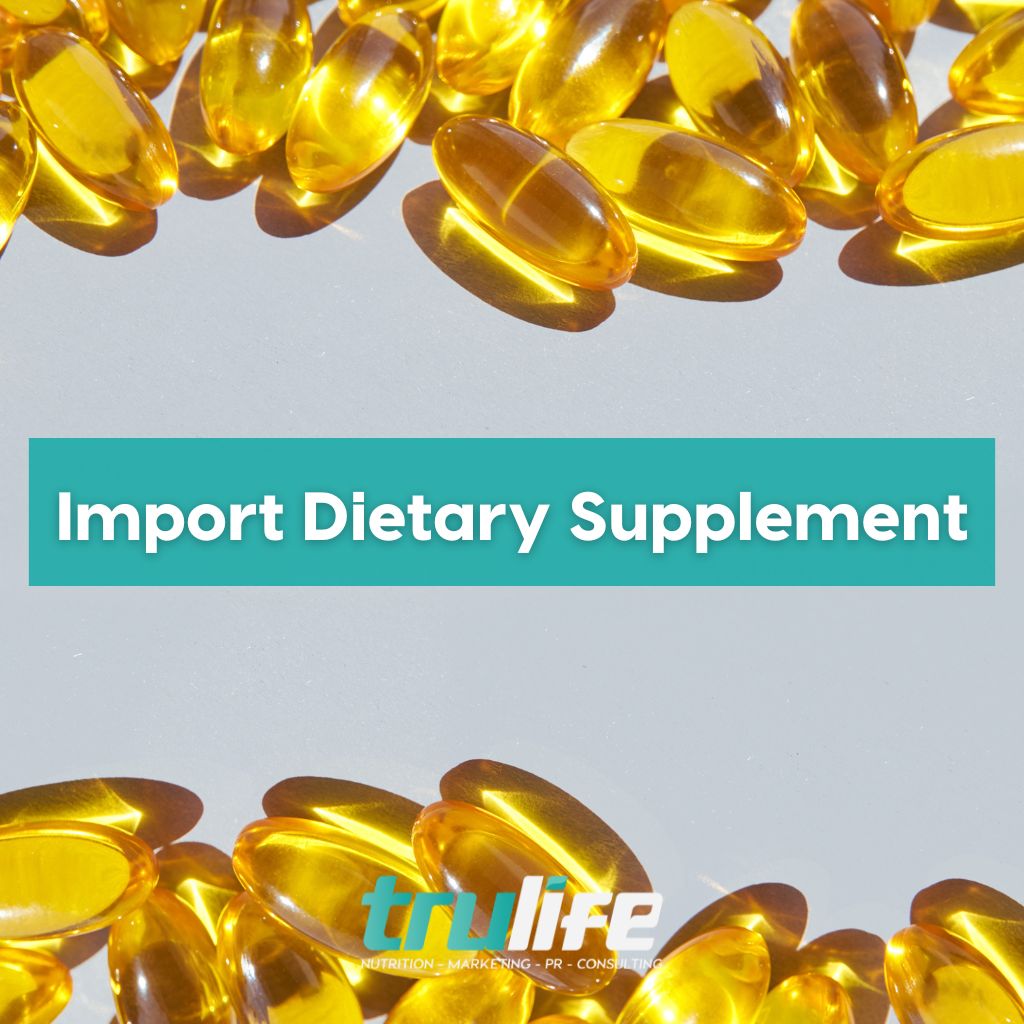The Ultimate Guide to Importing Dietary Supplements
In today’s health-conscious world, imported dietary supplements are becoming increasingly popular as people look to improve their overall well-being. Whether you’re looking to increase your energy levels or just maintain a healthy lifestyle, the right imported dietary supplement can make all the difference.
However, importing nutritional supplements isn’t a simple process and many things need to be taken into consideration before making any decisions.
This article will provide an ultimate guide on how to effectively import dietary supplements while considering important regulations and requirements.
Along with sourcing quality suppliers, properly labeling products according to FDA guidelines, and developing a plan for shipping and distribution of your products.
creating an effective marketing strategy for promoting your imported product offering as well as utilizing customer feedback to continually improve upon it.

What is the role of imported dietary supplements?
Imported dietary supplements are important as they can provide additional nutrients, vitamins, and minerals to improve overall health and well-being. Additionally, these supplements may also offer crucial therapeutic benefits for certain medical conditions. When imported from the right sources, dietary supplements can be safe and effective for consumers who follow dosage instructions carefully.
The Essential Guide To Importing Dietary Supplements
1. Regulations and Requirements:
Before importing dietary supplements, it’s important to be aware of the regulations and requirements that you will need to abide by. In the United States, most imported dietary supplements are regulated by the Food & Drug Administration (FDA). It is important to stay up to date on all FDA rules and regulations to ensure that you are compliant with all regulations. Additionally, it is important to be aware of the laws specific to the country from which you will import the supplements.
2. Finding Quality Suppliers:
Once you have reviewed and understand the applicable regulations, it’s time to begin sourcing quality suppliers for your imported dietary supplements. It is important to vet potential suppliers carefully to ensure that the products you are importing meet your quality standards. It is also important to choose a supplier who has a good reputation and can provide the necessary documentation for product safety and efficacy.
3. Labeling:
When importing dietary supplements, they must meet all required labeling requirements set out by the FDA. This includes providing detailed information on ingredients, and dosage instructions as well as proper warnings in both English and any other language spoken in the country of importation. Proper labeling will help ensure consumer safety and satisfaction when using imported dietary supplements.
4. Shipping & Distribution:
Once your imported dietary supplements have been properly labeled, you will need to develop an efficient plan for shipping and distributing your products. Developing an effective distribution strategy will help ensure that your products get to the right place at the right time. It is important to choose a reliable shipping provider with reasonable rates to keep costs down and maximize profits.
5. Marketing Strategy:
To be successful when importing dietary supplements, it’s essential to develop an effective marketing strategy. This includes creating a strong presence on social media platforms such as Facebook, Twitter, Instagram, etc., as well as utilizing traditional advertising methods such as print ads and radio spots.
Additionally, hosting promotional events or offering discounts can help draw attention to your imported product offering and make it more appealing to potential customers.
6. Utilizing Customer Feedback:
Once your imported dietary supplement products are in the hands of consumers, it’s important to seek out and take into account customer feedback. This will help you determine any areas in which your product may be lacking and allow you to make improvements. Additionally, such feedback can also help you build a loyal customer base as customers appreciate companies who listen to their suggestions and act on them.
Importing dietary supplements is a great way to provide additional nutrients, vitamins, and minerals as well as therapeutic benefits for medical conditions. However, all regulations and requirements related to importing dietary supplements must be strictly adhered to to ensure safety and satisfaction among customers.
What are Dietary Supplements?
Dietary supplements are products that contain vitamins, minerals, herbs, or other compounds that can help add to a person’s daily nutritional needs. They come in the form of capsules, tablets, powders, liquids, and even bars.
The FDA regulates dietary supplements as foods rather than drugs so their labels must include information about health risks and possible interactions with certain medications. Many people take dietary supplements to help boost their energy levels, support a balanced diet, or treat specific conditions. Consumers need to understand the potential benefits and risks associated with taking dietary supplements before purchasing them.
Requirements for Importing Dietary Supplements
When importing dietary supplements, all regulations and requirements must be met to ensure safety and satisfaction among customers. This includes:
Meeting FDA requirements regarding labeling, registration, and packaging of the product.
Making sure that the dietary supplement contains only acceptable ingredients and meets all safety standards.
Ensuring that the product is free from contaminants and adulterants.
Following proper shipping & distribution protocols to ensure that the product is delivered safely and on time.
When importing dietary supplements, it is important to be aware of all regulations and requirements to ensure safety and satisfaction among customers. Proper labeling, efficient shipping & distribution, developing a marketing strategy, and collecting customer feedback are key components for success when importing these products.
With the right approach, you can provide your customers with high-quality nutritional or therapeutic benefits that will help them achieve their desired health goals.
Take advantage of Trulife Distribution’s expertise today by contacting us for more information about our services!








